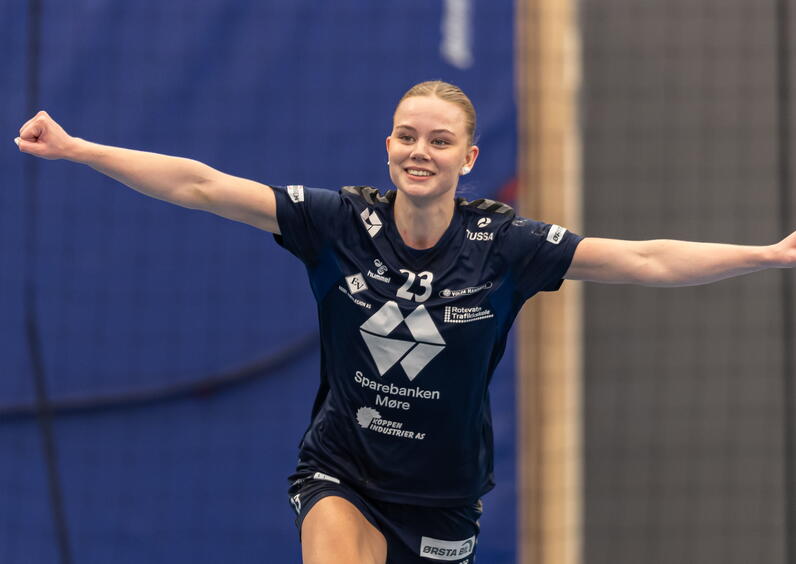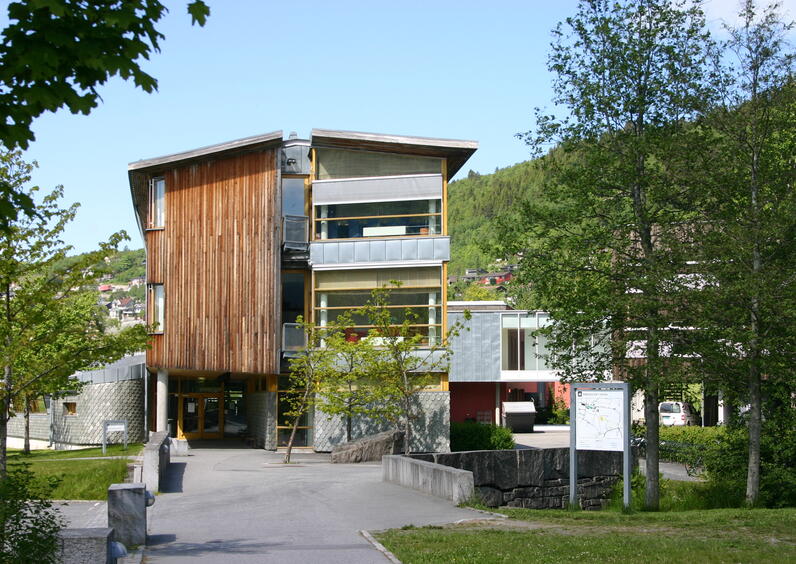JAMES BOND ON THE AGENDA IN VOLDA
The world famous action hero James Bond is on the agenda at Volda University College this spring term.
It is Fredrik Wandrup – a renowned Bond expert in Dagbladet - that will give a lecture about Bond. Not everyone is aware that James Bond films thematizes and popularizes a view of the world during the Cold War. His lecture is a part of a course called ”The Media and the Second Cold War 1975-1991”, a quite new teaching offer from Faculty of Journalism and Media this spring. The course is a part of the Faculty’s new Master study in Documentary and Journalism. But it will also be possible for Bachelor students to follow an adjusted course on the topic. Associate professors Rolf Werenskjold and Henrik G. Bastiansen are responsible for the course. They have worked with the research and literature covering the cold war and especially the role of the media in the east-west conflict, which was the key issue in the Cold War.
- Now, all is ready for an exciting course, they explain.
- We don’t know any other Norwegian universities or University college’ which have developed such a course about the role of the media during the Cold War. The research in this field has been dominated by US and German scholars. We will give a broad presentation of this research, but also include Norwegian and Nordic media, and also the media in the Baltic countries and Germany. Our aim is to study the role of the media – in the East-West conflict which was the key issue in the Cold War. Thus, we will focus on the media coverage of spy cases in different countries, the media coverage of international politics, the foreign journalism, how the media interpreted the nuclear threat, their coverage of the important Helsinki Final Act Declaration of 1975, and the Glasnost period which culminated with the fall of the Berlin Wall in 1989, followed by the unification of Germany and the collapse of the Soviet Union, Werenskjold and Bastiansen tell.
Werenskjold and Bastiansen have discovered that a lot of renowned international historians specializing on the Cold War seldom have written about the role of the media.
– The historians have neglected the importance of the media, Henrik G. Bastiansen claims. The international research literature has not given full attention to the fact that the people in the Eastern part of Europe and in the Soviet Union daily listened to western broadcasters like Voice of America, Radio Free Europe and Radio Liberty. These radio stations where little known in Norway at the time, but were well known by the people in Eastern Europe and in the Soviet Union. In general, the media played an important role of understanding the world in large during the Cold War era.
“The Media and the Second Cold War” starts at the Faculty of Journalism and Media February 11th 2013. The course is both for master students (15 credits/300 level) and for bachelor students (15 credits/200level). – We have made two different versions of the course, and the students are able to choose which level they want to follow, Werenskjold and Bastiansen say.
The course is especially designed for international students at Volda University College. All the texts and all lectures are given in English. The teaching will take place in week 7, 10 and 12, as weekly gatherings varying from lectures to more informal seminars and discussions. The students are expected to deliver a term paper or an assignment (depending on level) as part of their exam. Included in the teaching is also showing of film: both fiction film (as James Bond) and a lot of documentaries covering the Cold War.
– The students can look forward to this course, Werenskjold and Bastiansen conclude.
Lecture plan_DMJ_309_1_vår 2013.doc






